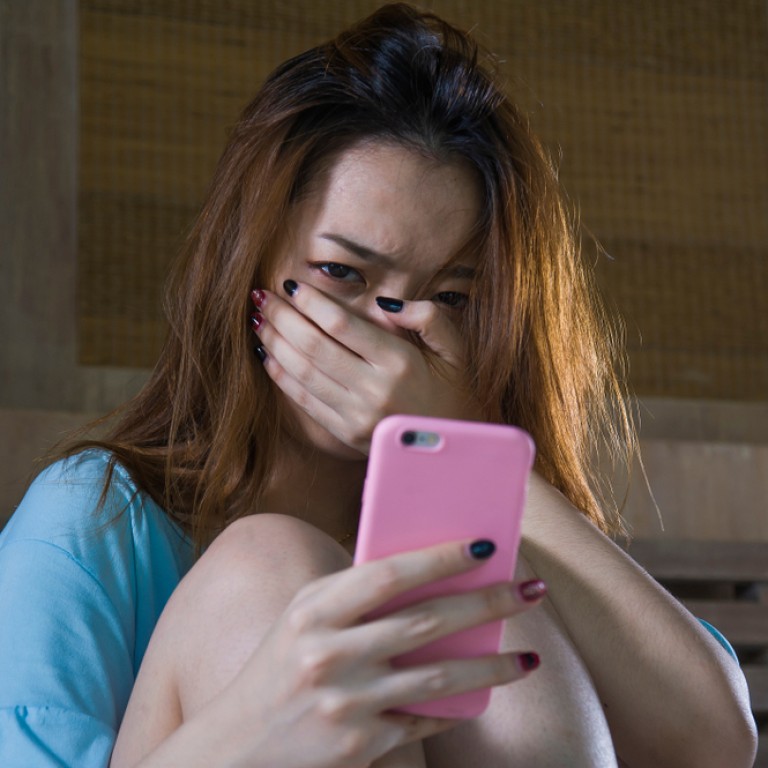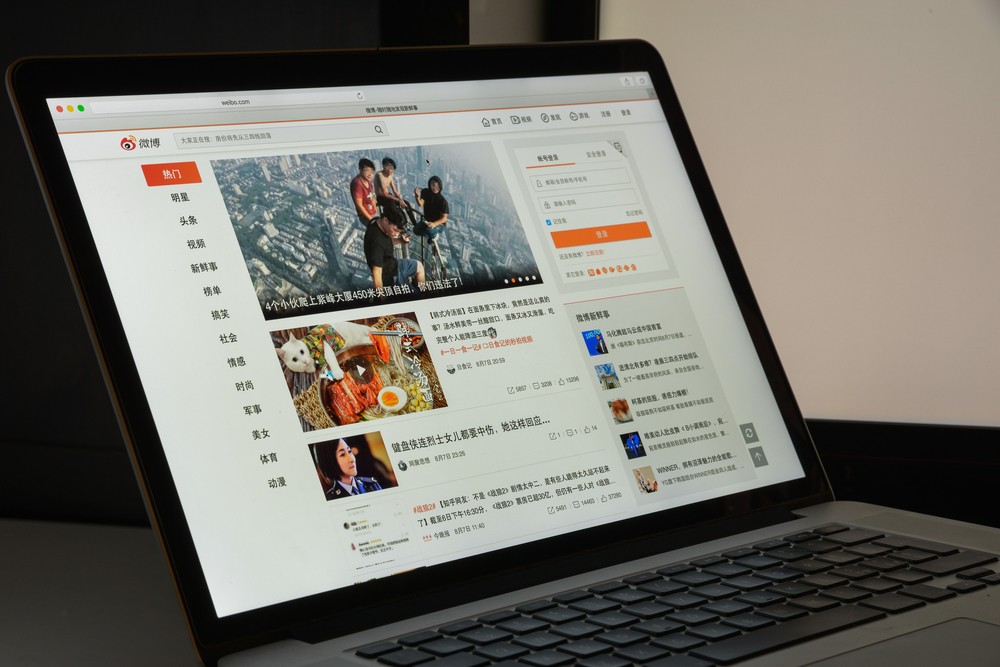
Fighting online harassment is hard in China’s strictly-monitored cyberspace
Like Twitter and Facebook, Chinese social media platforms have been struggling to keep women safe from harassment
The incident sparked an immediate online backlash, with calls to arrest the attacker. Some commenters, though, were ready to churn out demeaning comments about the victim. This is why popular Quora-like platform Zhihu was widely praised for its decision to permanently ban these commenters. The story was even picked up by local media.
Zhihu, where people in China go to ask questions and get answers
However, some believe that Zhihu's move may have more to do with the intricacies of China’s closely monitored cyberspace than concern for rude comments. (Zhihu did not respond to requests for comment.)

How Weibo became China’s most popular blogging platform
Even outside these incidents, platforms have hosted plenty of sexists and insulting comments, Zhihu included. As is also the case on many Western online platforms, female users have complained about harassing messages and occasional dick pics. This might be why Zhihu’s decision to kick out some bad actors seemed unusual.
“Most social media platforms do not actively punish people for attacking women with insults on their own initiative,” said Yaya Chen, a women’s rights scholar.
Anna (not her real name) met her cyber-stalker on Weibo, China's microblogging platform. After some innocent chit-chat, the man’s messages turned sexually explicit and then aggressive. A nine-month-long stalking saga over several platforms eventually prompted her to visit the police. Although they were sympathetic, there wasn't that much they could do.
“It did affect how I use my account. I don't put up identifying information, and I try to leave my face off the accounts, as well,“ she said, noting that she eventually stopped using Weibo, but not because of her harasser.

China does not have laws for online sexual harassment, but it does punish people for sending obscene, insulting and intimidating material with a fine and a maximum of 10 days in prison. However, it’s not clear how often offenders really get punished.
While platforms like Twitter, Facebook and others face similar issues in handling online harassments, China’s strict cyberspace rules make things even trickier for platforms there. Social media companies know they are at the mercy of the whims of regulators. This could be why platforms like Zhihu tread carefully with high-profile cases like the Dalian attack.
“It is difficult to say if social media platforms can do more since censorship and control of speech is very strong,” said Lu Pin, founding editor of online platform Feminist Voices. “Social media platforms themselves have no credibility or autonomy to deal with user comments.”
Advocates like Chen believe that social platforms do have the ability to do more against online harassment but little awareness. And people trying to call out harassment against women outside official channels have been facing difficult times in China.
For more insights into China tech, sign up for our tech newsletters, subscribe to our Inside China Tech podcast, and download the comprehensive 2019 China Internet Report. Also roam China Tech City, an award-winning interactive digital map at our sister site Abacus.

